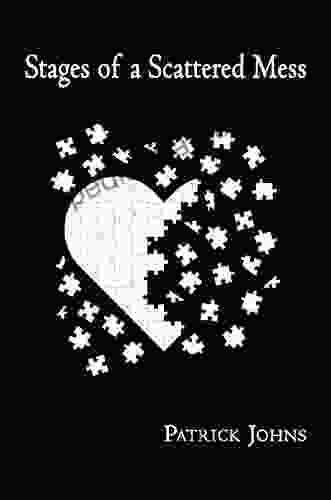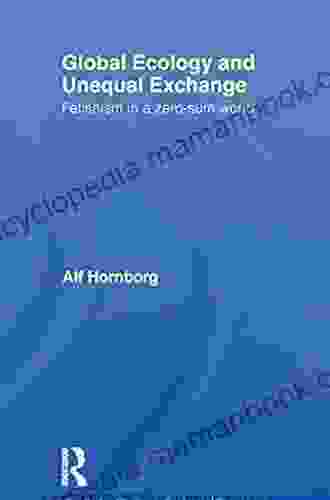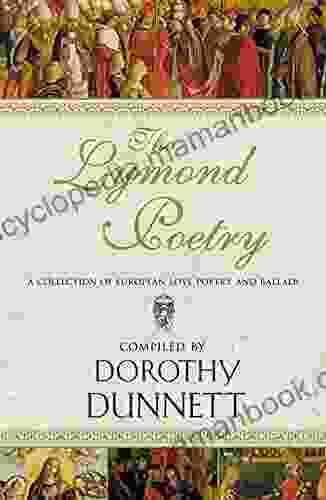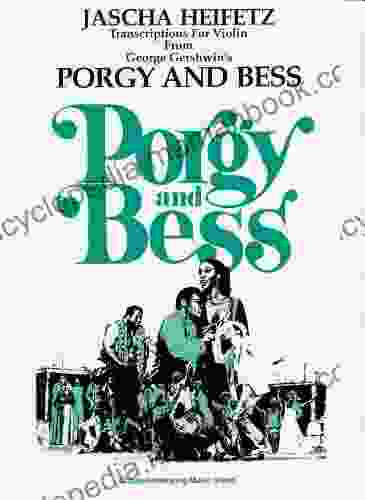Global Ecology and Unequal Exchange: Unmasking the Environmental Injustice of Capitalism

In the era of environmental crisis, understanding the complex interplay between global ecology and unequal exchange is paramount. Capitalism, driven by relentless profit maximization, has created a system where environmental exploitation and social inequality are inextricably linked. This article delves into the intricate web of global ecology and unequal exchange, exposing the environmental injustices that disproportionately burden marginalized communities and ecosystems.
Environmental Degradation and Unequal Exchange
Unequal exchange is a pervasive feature of global capitalism, referring to the unequal distribution of benefits and burdens between countries and within societies. This inequality extends to the environment, where the production of goods and services required for the global market often comes at the expense of local ecosystems and the well-being of local communities. For instance, the extraction of fossil fuels, mining, and large-scale agriculture for export have led to widespread deforestation, pollution, and loss of biodiversity.
5 out of 5
| Language | : | English |
| File size | : | 824 KB |
| Text-to-Speech | : | Enabled |
| Screen Reader | : | Supported |
| Enhanced typesetting | : | Enabled |
| Word Wise | : | Enabled |
| Print length | : | 207 pages |
These environmental impacts are not evenly distributed. The Global South, which is home to the majority of the world's population, disproportionately bears the brunt of environmental degradation due to unequal exchange. Developing countries are often pressured to exploit their natural resources to meet the demands of global markets, resulting in environmental degradation, displacement of local communities, and diminished livelihood opportunities.
Climate Change and Global Inequality
Climate change, one of the most pressing environmental challenges of our time, is a prime example of the intersection between global ecology and unequal exchange. The burning of fossil fuels and other human activities release greenhouse gases into the atmosphere, leading to global warming, rising sea levels, and extreme weather events.
The impacts of climate change are felt unevenly across the globe. Developing countries, which historically have contributed less to emissions, are often the most vulnerable to its effects. Small island states, for example, face existential threats from sea level rise and increasingly frequent hurricanes. Additionally, marginalized communities within developed countries, such as low-income urban residents and indigenous groups, are disproportionately affected by climate-related disasters.
Ecological Debt and Environmental Injustice
The concept of ecological debt refers to the ecological imbalance created by the unequal exchange between developed and developing countries. Developed nations have historically benefited from the exploitation of natural resources and the cheap labor of the Global South, often leaving a legacy of environmental degradation in their wake. This debt is not only an economic liability but also a matter of environmental justice.
Repaying ecological debt requires industrialized countries to reduce their carbon emissions, invest in sustainable technologies, and provide financial and technical support to developing countries for environmental protection and climate change adaptation. By acknowledging the historical and ongoing environmental injustice, we can move towards a more equitable and sustainable future.
Towards Environmental and Social Justice
Addressing the challenges of global ecology and unequal exchange requires a transformative approach that prioritizes both environmental conservation and social justice. This includes:
* Reducing environmental footprints: Developed countries must drastically reduce their resource consumption and transition to sustainable energy sources. * Supporting sustainable development: Investing in renewable energy, sustainable agriculture, and infrastructure in developing countries promotes economic growth while minimizing environmental impacts. * Reforming international trade: Trade policies should promote fair prices for commodities, protect local industries, and ensure that environmental regulations are enforced. * Empowering marginalized communities: Addressing the needs of indigenous groups, low-income urban residents, and other marginalized communities is essential for achieving environmental and social equity. * Raising awareness and advocacy: Education and public engagement are crucial for raising awareness about global ecology and unequal exchange and mobilizing action for change.
Global ecology and unequal exchange are intrinsically linked, creating a system where environmental degradation and social inequality go hand in hand. By understanding the complexities of this relationship, we can expose the environmental injustices that result from capitalism and work towards transformative solutions that prioritize both the health of the planet and the well-being of all people. Embracing principles of ecological debt, reducing our ecological footprints, supporting sustainable development, and empowering marginalized communities are essential steps towards a more just and sustainable future.
5 out of 5
| Language | : | English |
| File size | : | 824 KB |
| Text-to-Speech | : | Enabled |
| Screen Reader | : | Supported |
| Enhanced typesetting | : | Enabled |
| Word Wise | : | Enabled |
| Print length | : | 207 pages |
Do you want to contribute by writing guest posts on this blog?
Please contact us and send us a resume of previous articles that you have written.
 Top Book
Top Book Novel
Novel Fiction
Fiction Nonfiction
Nonfiction Literature
Literature Paperback
Paperback Hardcover
Hardcover E-book
E-book Audiobook
Audiobook Bestseller
Bestseller Classic
Classic Mystery
Mystery Thriller
Thriller Romance
Romance Fantasy
Fantasy Science Fiction
Science Fiction Biography
Biography Memoir
Memoir Autobiography
Autobiography Poetry
Poetry Drama
Drama Historical Fiction
Historical Fiction Self-help
Self-help Young Adult
Young Adult Childrens Books
Childrens Books Graphic Novel
Graphic Novel Anthology
Anthology Series
Series Encyclopedia
Encyclopedia Reference
Reference Guidebook
Guidebook Textbook
Textbook Workbook
Workbook Journal
Journal Diary
Diary Manuscript
Manuscript Folio
Folio Pulp Fiction
Pulp Fiction Short Stories
Short Stories Fairy Tales
Fairy Tales Fables
Fables Mythology
Mythology Philosophy
Philosophy Religion
Religion Spirituality
Spirituality Essays
Essays Critique
Critique Commentary
Commentary Glossary
Glossary Bibliography
Bibliography Index
Index Table of Contents
Table of Contents Preface
Preface Introduction
Introduction Foreword
Foreword Afterword
Afterword Appendices
Appendices Annotations
Annotations Footnotes
Footnotes Epilogue
Epilogue Prologue
Prologue Annie Bellet
Annie Bellet Cara Marsi
Cara Marsi Mary D Esselman
Mary D Esselman M S Miller
M S Miller Linda A Wood
Linda A Wood Edgar Wallace
Edgar Wallace J Asheley Brown
J Asheley Brown Jonathan Garfinkel
Jonathan Garfinkel Justin Chin
Justin Chin Tite Kubo
Tite Kubo Merari Tavares
Merari Tavares Eva March Tappan
Eva March Tappan James Duffy
James Duffy Gordon Teskey
Gordon Teskey Donald Hall
Donald Hall Marc Thoma
Marc Thoma Rebecca Burns
Rebecca Burns Daniel Defoe
Daniel Defoe Eva Holland
Eva Holland Voldemar Sokolof
Voldemar Sokolof
Light bulbAdvertise smarter! Our strategic ad space ensures maximum exposure. Reserve your spot today!

 Chadwick PowellBleach Vol 31: Don't Kill My Volupture - A Thrilling Addition to the Epic...
Chadwick PowellBleach Vol 31: Don't Kill My Volupture - A Thrilling Addition to the Epic... Mason PowellFollow ·3.3k
Mason PowellFollow ·3.3k Edgar CoxFollow ·4.3k
Edgar CoxFollow ·4.3k Robert Louis StevensonFollow ·13.6k
Robert Louis StevensonFollow ·13.6k Sean TurnerFollow ·2.7k
Sean TurnerFollow ·2.7k Harold PowellFollow ·12.1k
Harold PowellFollow ·12.1k Eliot FosterFollow ·16.8k
Eliot FosterFollow ·16.8k Brett SimmonsFollow ·17.9k
Brett SimmonsFollow ·17.9k Reginald CoxFollow ·14.6k
Reginald CoxFollow ·14.6k

 Fabian Mitchell
Fabian MitchellTen Thousand Spirals: Leccion Inagural Del Curso...
Ten Thousand...

 Howard Blair
Howard BlairThe Captivating Collection of High School Romance Poetry
Love's First...
5 out of 5
| Language | : | English |
| File size | : | 824 KB |
| Text-to-Speech | : | Enabled |
| Screen Reader | : | Supported |
| Enhanced typesetting | : | Enabled |
| Word Wise | : | Enabled |
| Print length | : | 207 pages |


















